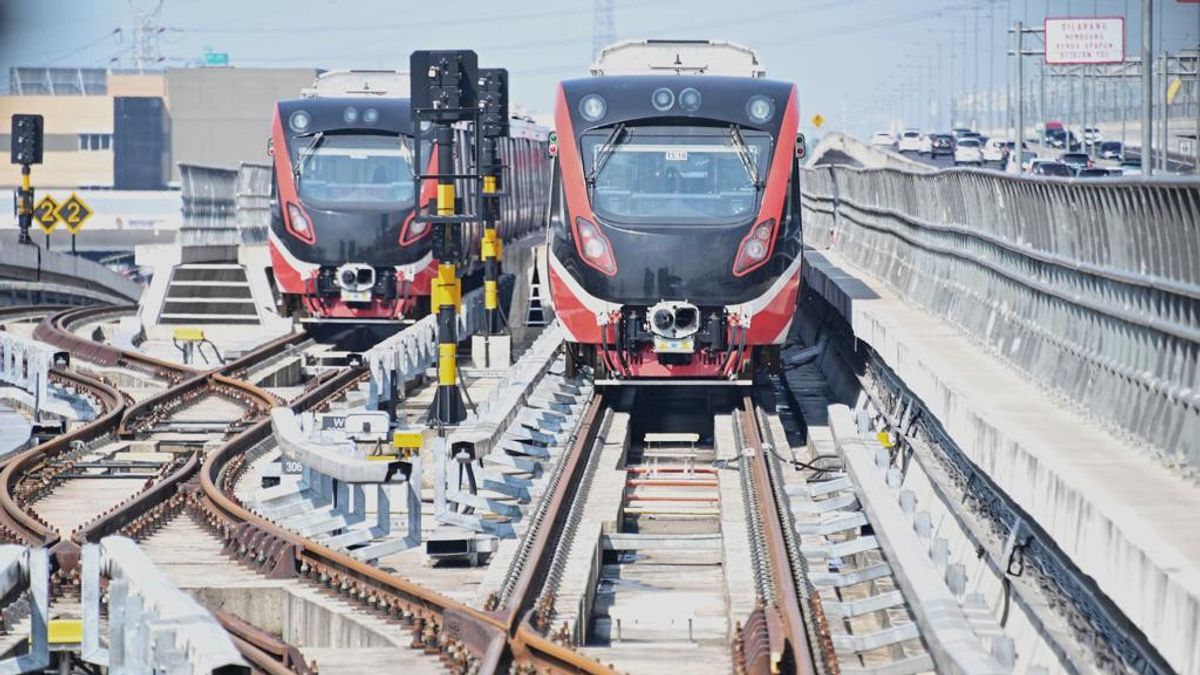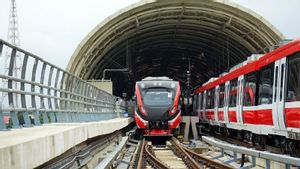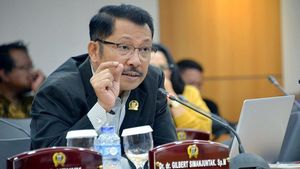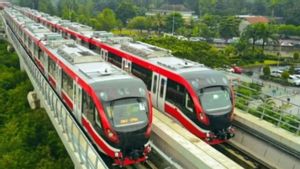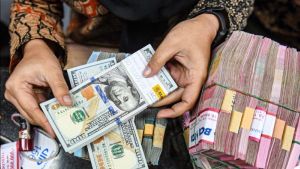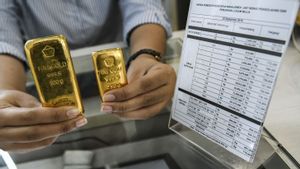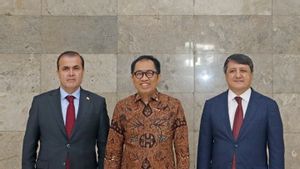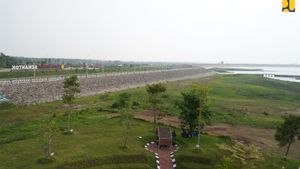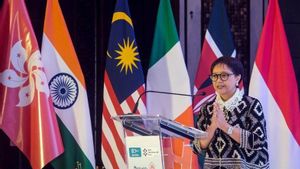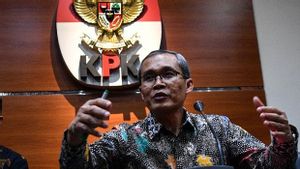JAKARTA - The Ministry of Transportation plans to implement a dynamic tariff system or dynamic pricing for the Jabodebek LRT. Currently, the plan is still in the discussion stage.
Responding to this, the Daily Chairperson of the Indonesian Consumers Foundation (YLKI) Tulus Abadi assessed that the application of dynamic rates could make passengers leave the Jabodebek LRT and choose other modes of transportation.
If this condition occurs, continued Tulus, the target of installed Jabodebek LRT passengers will not be met. Likewise with the target of reducing congestion.
In fact, according to Tulus, based on the data he got when the Jabodebek LRT was fully operational and in demand by the public, it was proven that it would reduce congestion on toll roads in line with the Jabodebek LRT route.
"Now the critical LRT (Jabodebek) is the tariff. The tariff is that he claims it is not yet economical, but if later the tariff is adjusted to the economy, the effect of consumers will run from LRT (Jabodebek). So that in addition to the target for passengers not being met, the target to reduce congestion will also be reduced," he told reporters, in Jakarta, written Friday, November 17.
Therefore, Tulus assessed, now is not the right time to impose a dynamic rate. According to Tulus, this step can only be taken if the Jabodebek LRT has become a solution to people's problems.
"Not yet, if it has been implemented, it should be when it answers the ideal needs for consumers," he said.
"If you have implemented an expensive dynamic rate or tariff, consumers are increasingly abandoned, it doesn't sell anymore because there are many other options, in fact, there are Transjakarta, KRL or at most this one runs to motorbikes," continued Tulus.
Previously, the Spokesperson for the Ministry of Transportation, Adita Irawati, said that the plan to implement the dynamical tariff system or dynamical pricing for the Jabodebek LRT was still in the discussion stage.
Adita said that in the study of the application of this dynamic rate, one of the observables related to passenger traffic during peak hours and non-hours (off peak hours).
اقرأ أيضا:
Based on the current trend of the movement of Jabodebek LRT passengers, continued Adita, the busy hours of this mode of transportation are in the morning and evening. This busy hour takes place when people go and go home from work.
The rush hour in the morning occurs from 05.00 to 10.00 WIB. Meanwhile, in the afternoon it occurs from 16.00 to 20.00 WIB. Meanwhile, non-peak hour or non-holiday hours occur from 10.00 to 16.00 WIB.
"It's still being discussed. We will also monitor the behavior of public transportation so that it can be adjusted to the most appropriate tariff scheme. Meanwhile, our most appropriate link is dynamic pricing," Adita said at the Ministry of Transportation, written Tuesday, November 14.
The English, Chinese, Japanese, Arabic, and French versions are automatically generated by the AI. So there may still be inaccuracies in translating, please always see Indonesian as our main language. (system supported by DigitalSiber.id)
